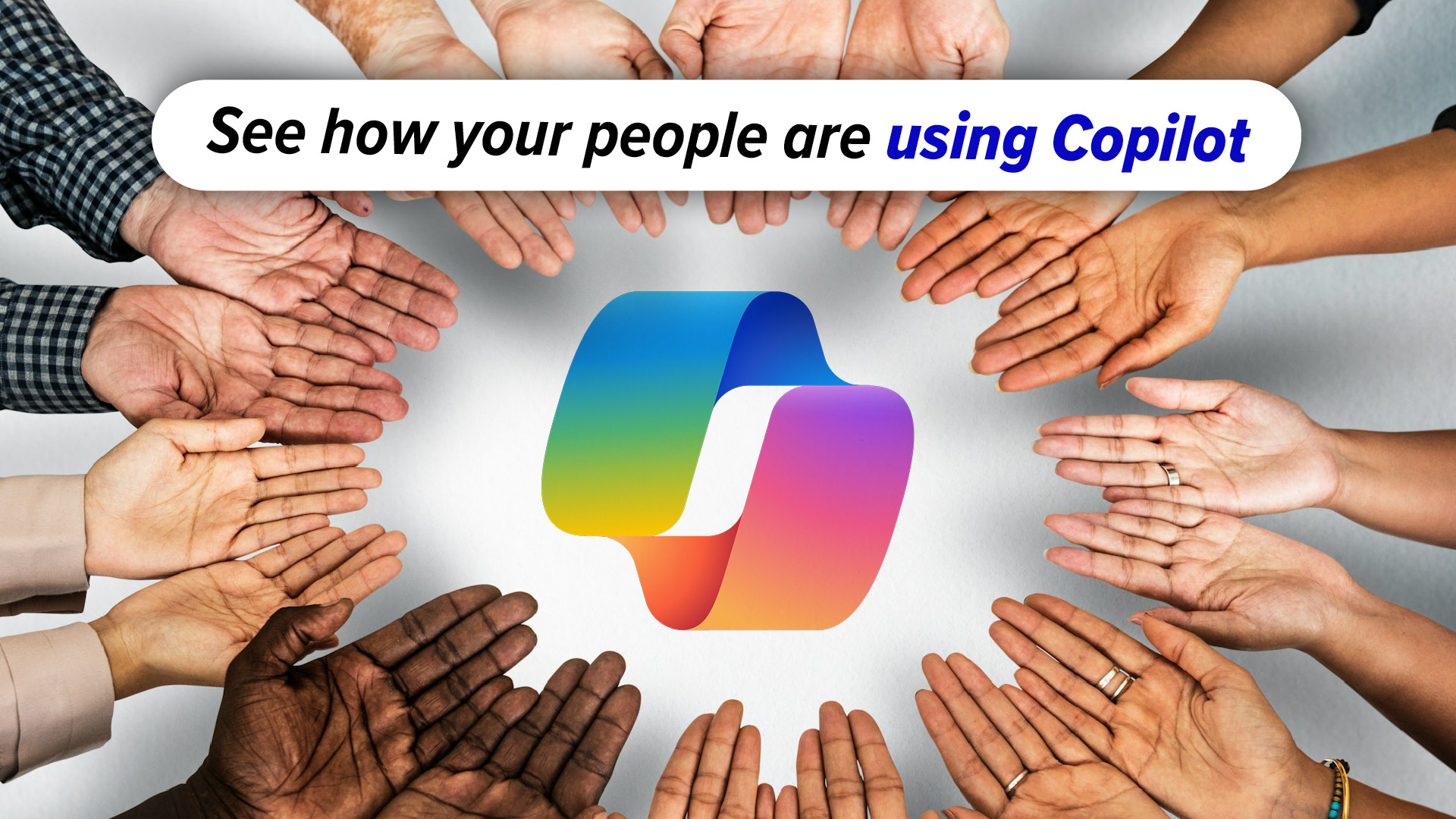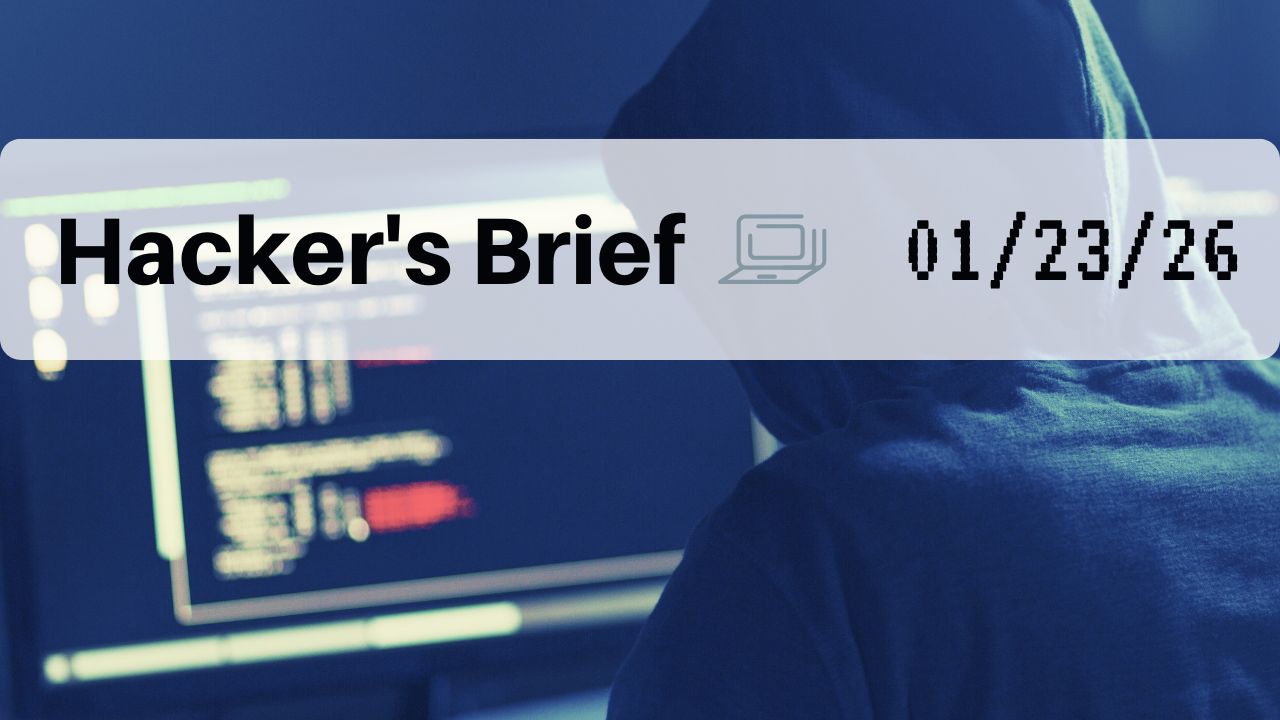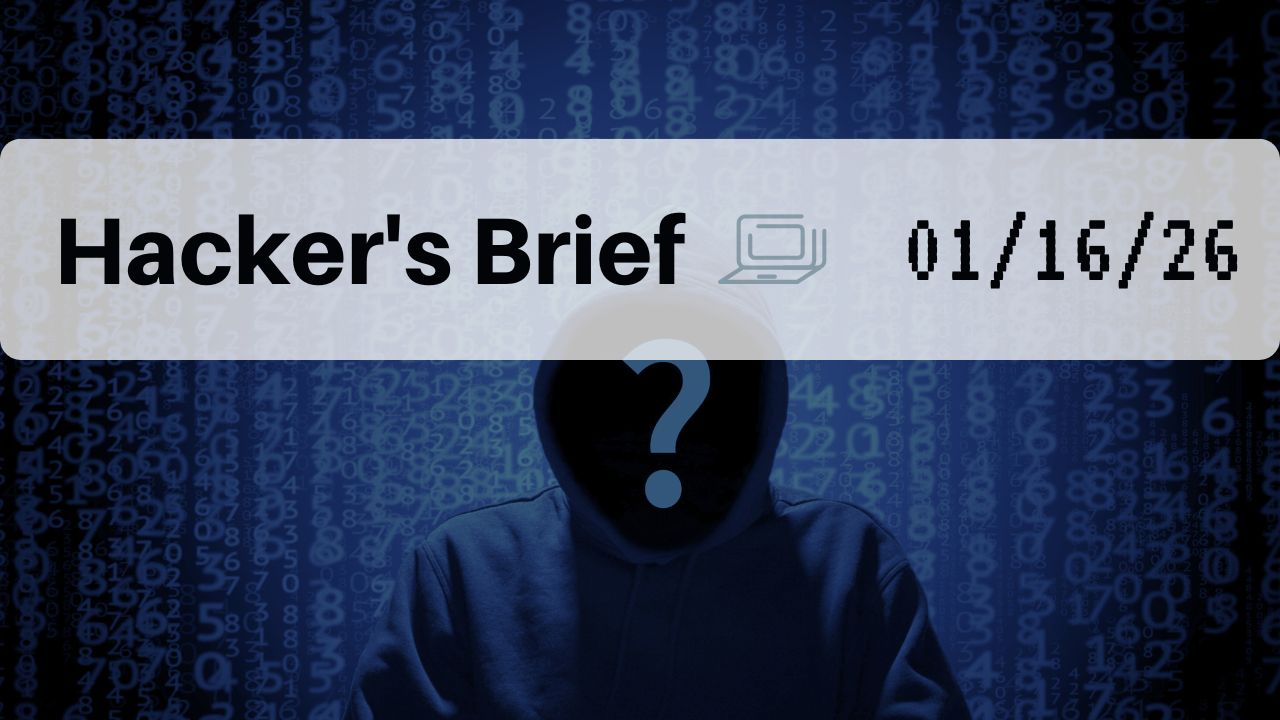
www.wyocan.org
www.cyberwyoming.org/alliance
307-314-2188, PO Box 2332, Laramie, WY 82073
How to find out who Is calling you:
A Laramie citizen reported receiving many calls from unknown numbers and suggested some websites to help others in the same situation. We all get a lot of spam calls, but sometimes we are in doubt as to whether the call is from a doctor, pharmacist, or our aunt’s new phone. Phone scammers can spoof numbers, and sometimes the call seems to be from our area code or even very close to our own phone number! There are tools you can use such as searching for the phone number in your browser as well as using websites such as “WhoCallsMe,” “PeopleFinders,” and others. CyberWyoming note: If in doubt, don’t pick up. If it’s legit, the person will leave you a message, and you can always call back.
Get This Diet Product for a Huge Discount:
A Nevada citizen reported receiving nine near-identical emails selling a weight loss product and winning various prizes from Harbor Freight and a Tumi backpack. All the links and the main body of the emails are linked to the same phishing site. CyberWyoming has reported the website. CyberWyoming note: Even if an email is an obvious phishing attempt, don’t let your curiosity lead to clicking any of the links. It’s not worth the potential malware infection that may result.
Your Medicare Number is Gold:
Medicare is warning that scams using Medicare numbers are increasing. In the spring, older adults started receiving Covid test kits that they had not ordered and fraudulently charged to Medicare. Medicare numbers should be treated like your social security number, bank account number, or any other personal information. CyberWyoming note: Scammers will email or phone, pretending to be from a doctor’s office, asking you to confirm your Medicare number. Do not give it to them. If you think it might be a legitimate request, look up the doctor’s number and call the office to discuss with the office manager. – Brought to you by CyberHawaii
Is your stove spying on you?
If you bought an appliance in the past few years, it is likely to have Wi-Fi access. If you activate the Wi-Fi link, it will start transmitting data back to the manufacturer. This can include information on how you use it as well as personal information such as your name, phone number, age, etc. It can also use information from your phone through its app. If you are concerned about your digital security, you should turn off the Wi-Fi link. Brought to you by Scambusters
“Android TV” comes with malware included:
Ads for “Android TV” are promising free streaming forever, and the marketing misleads you to think that the TVs are sold by Google. Unfortunately, these TVs are filled with malware. If you are shopping for a TV, look for the words “Android TV OS,” not just “Android TV.” – Brought to you by The Current Tech News
U.S. consumers reported $9 billion in fraud losses in 2022:
Imposter scams are the top category of fraud with losses over $2.7 billion. The top reported contact method was email, followed closely by phone. For the first time, impersonating businesses had more fraud reports than government imposter scams. CyberWyoming note: We will provide the data on the ages of the scam victims next week. – Brought to you by AARP Fraud Network.
Did your dating app match just ask you for money?
You or your friends might be thinking about love. But not everyone is — some are just looking to get into your pockets. Romance scammers might contact you on social media or dating apps saying they want to get to know you. It’s true love, they say, but they live too far away to meet. Maybe because of work, or because they’re in the military. Then they start asking for money: it could be for a plane ticket, surgery, or something else urgent — or even to “help” you invest in cryptocurrency. So, how do you spot a romance scam? If an online love interest asks you for money, that’s a scam. Period. Don’t send a reload, prepaid, or gift card; don’t wire money; and don’t send cryptocurrency to someone you met online. – Brought to you by the Federal Trade Commission (FTC)
USPS trick:
Ignore any text message you receive saying the United States Postal Service can't deliver a package because your address is incomplete. For instance, it may say they don't have your house number. Victims are told to call a toll-free number where they're asked to pay a $3 fee to update records, using a credit card. USPS doesn't operate this way, and the scammers not only get your $3 but also your card number. - Brought to you by Scambusters.
MS-ISAC and CISA Patch Now Alert:
The Multi-State Information Sharing and Analysis Center (MS-ISAC) or the Cybersecurity & Infrastructure Security Agency (CISA) has published a patch now (update your software) alert for Google Chrome, Barracuda Email Security Gateway. If you use these products, make sure the software (or firmware) is updated.
Data Breaches in the News:
Casepoint, Toyota, SimpleTire, Dental Health Insurer MCNA. Note: If you have an account with one of these companies, be sure to change your password and consider placing a credit freeze on your accounts through the three credit reporting agencies: TransUnion, Experian, and Equifax.
Please report scams you may experience to phishing@cyberwyoming.org to alert your friends and neighbors.
Other ways to report a scam:
- Better Business Bureau Scam Tracker: bbb.org/scamtracker/us/reportscam
- Wyoming Attorney General’s Office, Consumer Protection 307-777-6397, 800-438-5799 or ag.consumer@wyo.gov
- File a complaint with the Federal Trade Commission at reportfraud.ftc.gov
- Report your scam to the FBI at www.ic3.gov/complaint
- Reported unwanted calls to the Federal Trade Commission’s Do Not Call Registration. Online at donotcall.gov/report.html or call 1-888-382-1222, option 3
- Office of the Inspector General: oig.ssa.gov
- AARP Fraud Watch Network (any age welcome) Helpline 877-908-3360
- IRS: report email scams impersonating the IRS to phishing@irs.gov
- Call the Wyoming Senior Medicare Patrol (SMP) for assistance with potential Medicare fraud, abuse, or errors at 1 800 856-4398
- Victim Support: The AARP Fraud Watch Network and Volunteers of America (VOA) created a new, free program to provide emotional support for people impacted by a scam or fraud, called ReST. Visit www.aarp.org/fraudsupport to learn more about the free program and register




.jpg)



